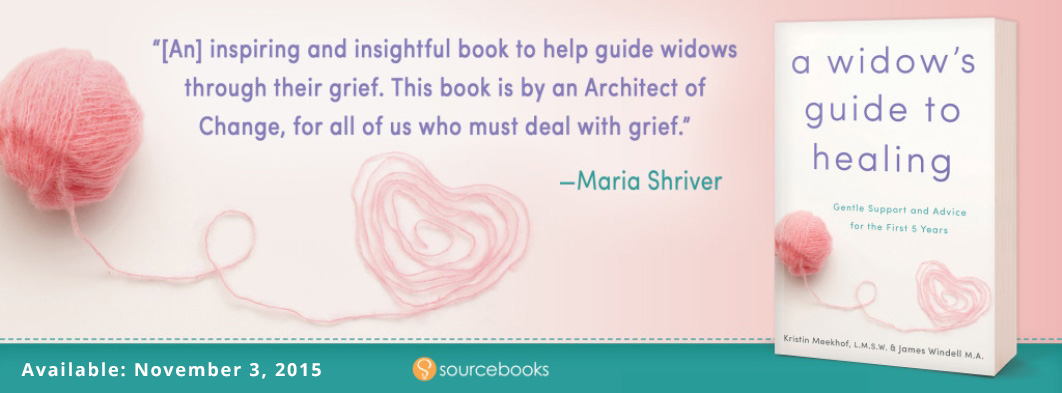
The Value of Emotional Generosity
There is a lot of chatter about people being emotionally unavailable to fulfill certain roles, participate in a discussion or provide support. At times, it seems the phrase is used as part of an exit strategy to end a conversation or relationship. When one is seeking a way out of any type of commitment they offer this phrase, “I’m emotionally unavailable. All the best.” Of course, what this really means is that the person has no vested interest in pursuing any long term communication. Few want to be disturbed with having to follow up on another phone call or email. This is also a convenient phrase because in a world that honors the over-scheduled and hurried, being unavailable sounds logical and fits neatly into any dialogue.
However, I wonder how many of the emotionally unavailable obtain genuine support from others. After all, receiving support means to some extent that one is open, and this also infers that one is willing to give. To be clear, emotional generosity is not referring to a co-dependent, financial or abusive relationship. Instead, emotional generosity is being available for another, offering support, providing honest communication, and giving without an agenda.
Emotional generosity is critical for developing authentic relationships. It offers presence, trust, and comfort in world that can be overwhelming and lonely. Things happen over a lifespan, relationships fall away, but friendships where this generosity is practiced are deeper and wholeheartedly richer.
In doing research for my upcoming book, A Widow’s Guide To Healing, I interviewed widows of all ages about how they coped with their loss and what they found to assuage their grief. An overwhelming number of the widows reported that a close friendship, either with a family member or friend, was a critical factor. Now, I am not suggesting that one can only benefit from emotional generosity if a death occurs. What I am suggesting is that there are great benefits in having this deep social support.
Young children are often the best models for practicing emotional generosity. They are apt to tell you exactly what is on their mind, and find joy in giving. Years before my late husband was diagnosed with cancer he was visiting his close friend’s son, Charlie (not his real name), who had terminal cancer. Charlie knew he was dying and was prepared to say goodbye. Before my husband left their home, Charlie gave him a Transformer toy car. Charlie said, “This is for you because I’m being transformed.”
The day after I found out that my husband had advanced cancer, I noticed that the Transformer was on our fireplace mantle. It was Charlie’s mother who spoke at my husband’s funeral. Then without judgment she went on to teach me about emotional generosity. Now, the Transformer is on my bookshelf. It is the kind of thing that always stays with you as do dear friends.
Article published in HuffPost Healthy Living, 2/4/15








No comments yet.